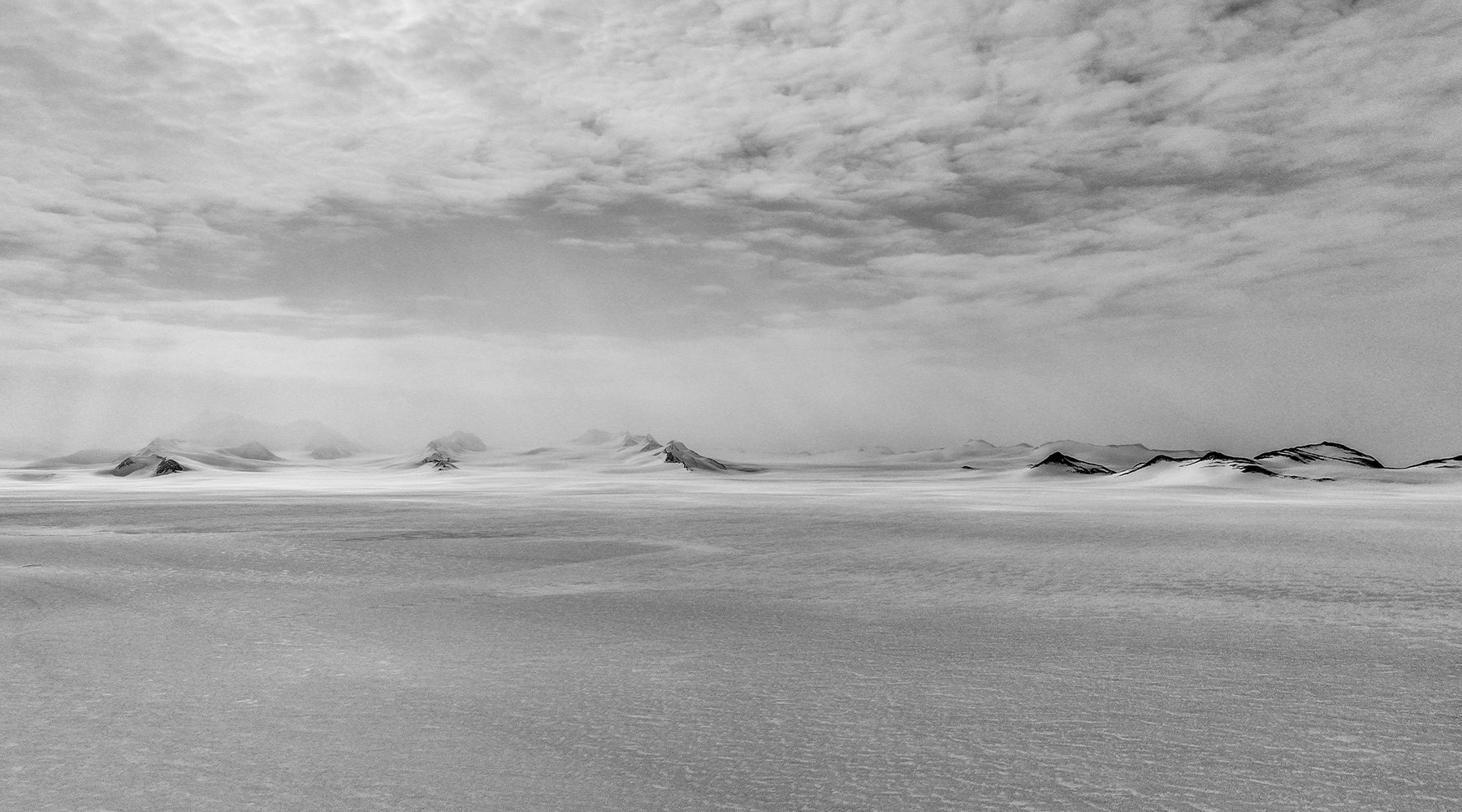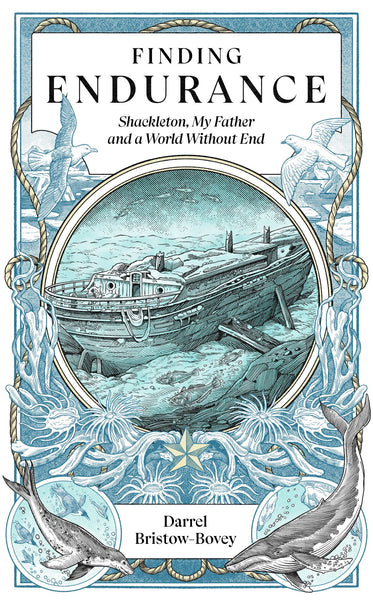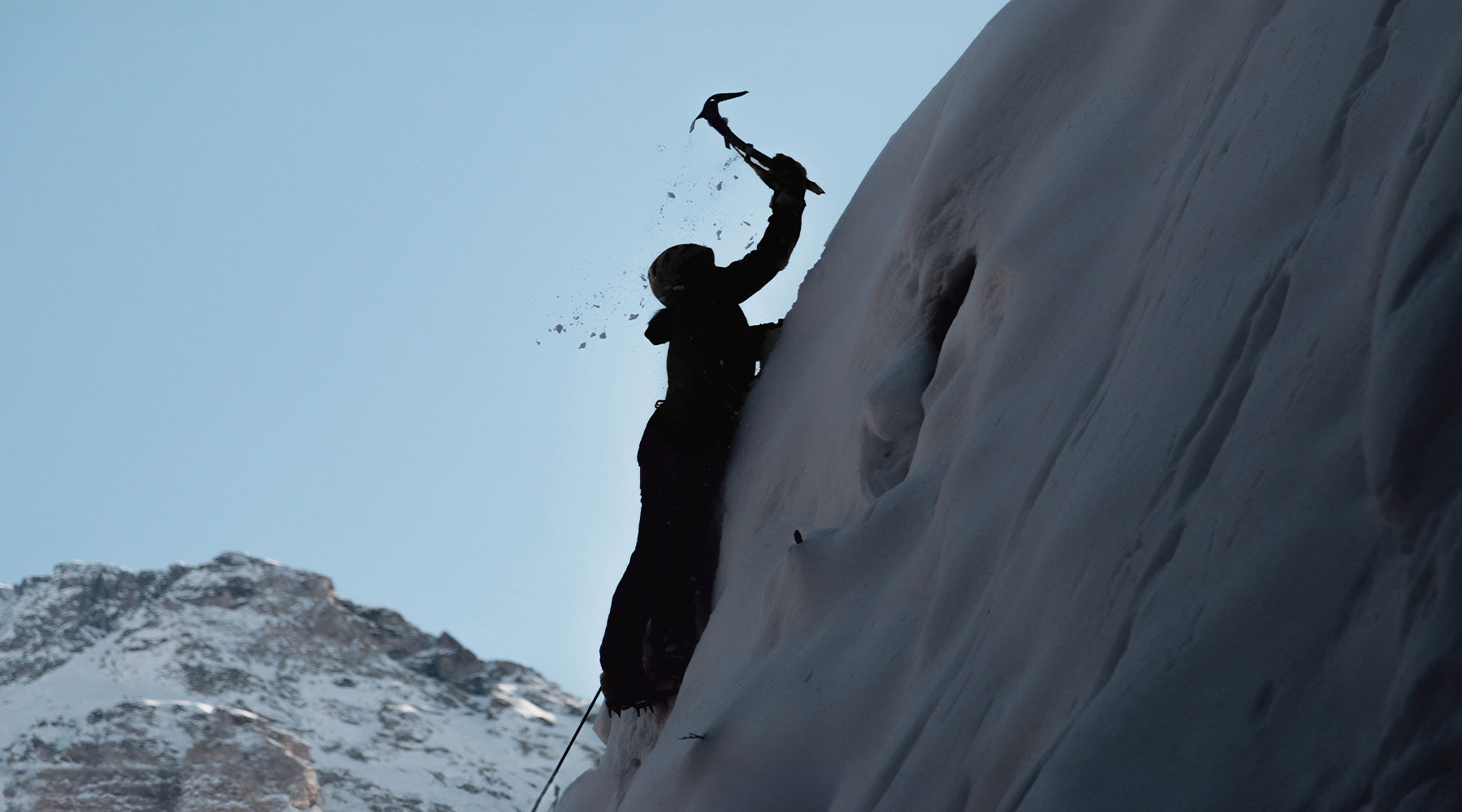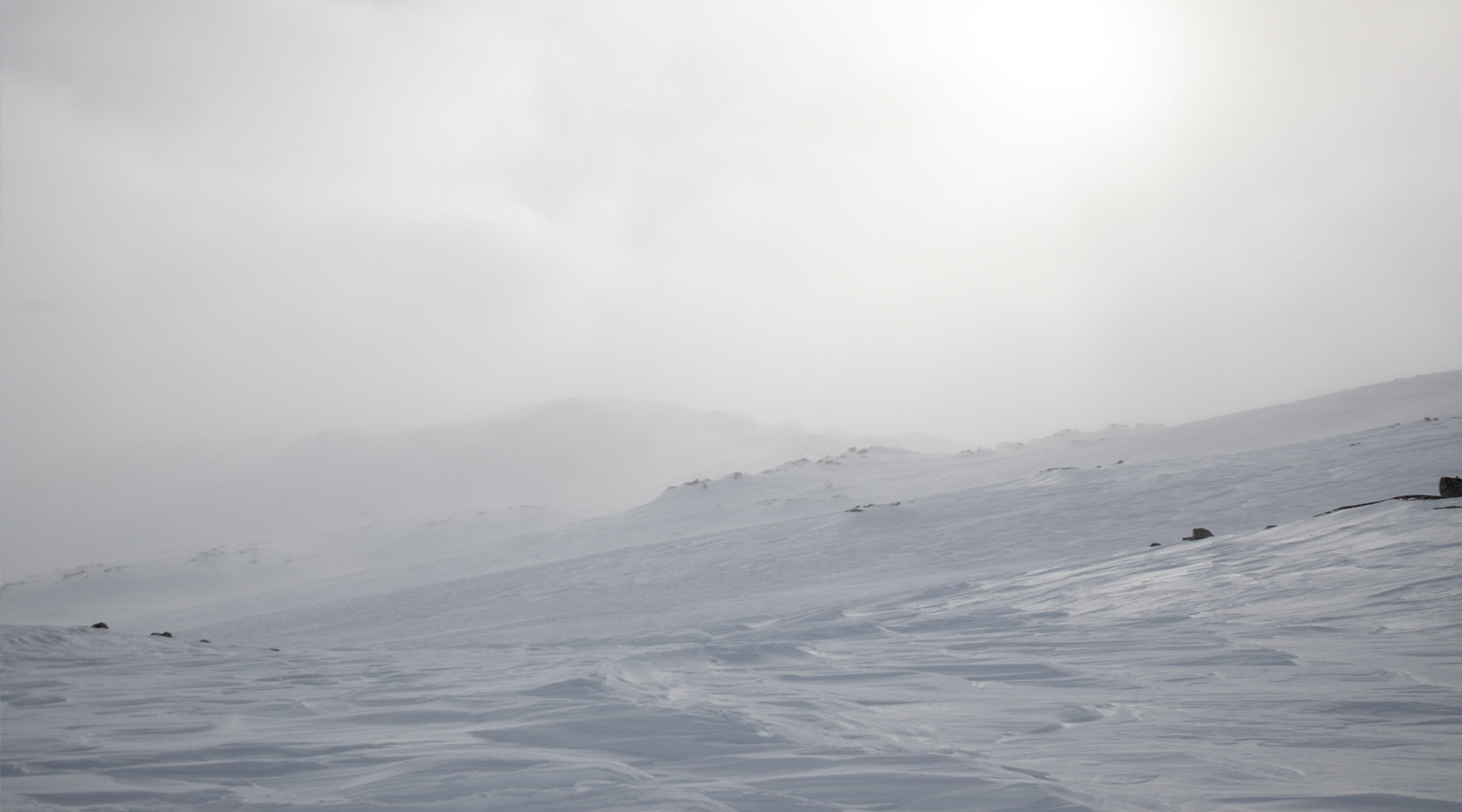
Finding Endurance: Shackleton, My Father and a World Without End // Darrel Bristow-Bovey
Author, columnist and screen-writer, Darrel Bristow-Bovey was born in Durban, South Africa and educated at the University of Cape Town where he studied under J.M. Coetzee and Andre Brink. He currently divides his time between South Africa, the UK and a hillside on the Greek Peloponnese. A life-long fascination with Sir Ernest Shackleton sparked by his father's memorable story-telling, lead Bristow-Bovey to pen 'Finding Endurance: Shackleton, my father and a world without end' which is released in paperback in March 2024.
When I was eight years old my father told me he’d been south with Ernest Shackleton aboard the Endurance. He told me about the cold and the dark, frozen into the Weddell Sea through that long sunless polar winter, and he gave me careful instructions to always remove the fat from seal steak before cooking to prevent it tasting of fish. He told me what it felt like to stand on the sea-ice at the end of the world, as far away as any human had ever been or ever would be again until Apollo 11 went to the moon, and watch your ship sink and disappear. He described the low-angled summer sun making prisms and rainbows through pressure-ridges of ice, and the purple shadows and the pink bergs and how the sea between the floes was like the gold seams of Japanese kintsugi.
He also told me about Shackleton: the sort of man he was; how you sensed he was smiling even when he seemed perfectly serious; how with a glance he could assure you simultaneously that everything would be all right, that he would take you home, and also that he was relying on you to help him. My dad also told me that Shackleton had surprisingly small hands.
My father was a splendid storyteller, and his stories – which he told me as he lay in his sickbed for the two years before he died, and I lay with my head on his chest as it rose and fell, like the swell of ocean beneath ice – seemed to sing the world into being: a world of beauty and delight available to everyone but only if you go forth to find it, in humility and with awe. Like many great storytellers, his stories were true, but only if you don’t worry too much about facts.
It took many years to fully accept that my dad was not on Endurance’s list of passengers or crew. Could he have stowed away? No. There was in fact a stowaway aboard, but it wasn’t my dad, because my dad was five years old when Endurance set sail in August, 1914. But still, Shackleton’s small hands troubled me. How did my dad know about them? The very first mention of the size of Shackleton’s hands is in Roland Huntford’s biography, written several years after my father died. It seems a surpassingly strange detail to have guessed at, and then been right, so how could he possibly have known?
All good stories, like all good adventures, begin with a question, and that was a one of the questions at the heart of this book. My father never met Ernest Shackleton, but after a lengthy investigation I discovered that his disreputable brother Jerry probably encountered Frank Wild, Shackleton’s right-hand-man, and went prospecting for gold with him in the South African highveld, and cooked up schemes to make their fortunes.
In March 2022, an expedition aboard the icebreaker SA Agulhas 2, captained by Knowledge Bengu, who grew up not far from me in Durban, South Africa, discovered the wreck of Endurance on the bed of the Weddell Sea, three kilometres down in the clearest, coldest sea-water on Earth, preserved just as she sank. The brass Polaris star at her stern still glimmers in the light from the submersible; Frank Wild’s leather boots still lie on deck, ready to be laced up.
I was astonished at the emotion that welled in me, and just as astonished by the outpouring of joy everywhere. So much has been taken from us in recent years, and now suddenly, wonderfully, something had been given back. Here was Endurance again, returned from space and time, like the universe whispering that not everything is lost, that life isn’t only subtraction. In this age of fear and anger, in which the intellectual fashion is for either self-defeating pessimism or its polar opposite, denial, it felt almost shockingly joyful.

And that was another question that drove me to write this book: today’s world is very different to Shackleton’s. We have lost some of our wonder at nature and replaced it with fear: we’re no longer awe-struck by the ice at the end of the world; now we’re afraid that the ice is ending and so is the world. So what does Shackleton’s story mean to us today? As the world has changed, and as we have changed, what new lessons and consolations can we take from a man who knew nothing, except how to survive?
Of course, Shackleton’s story has been told many times, but I wanted to tell it in a way it hasn’t been told before, more intimately and directly, using diaries and crew journals not previously readily available. I wanted to tell it in conjunction with the story of the expedition to find Endurance, and to tell both these stories alongside my father’s own story of endurance.
I also wanted to tell some of the new stories of the Antarctic that we didn’t know before: stories of calving icebergs and leopard seals, orcas and Antarctic midges, stories of glorious new discoveries: Shackleton’s men thought that the Weddell Sea in winter was a wasteland for fish, a great empty basin like a crater of the moon, but in 2021 a research vessel discovered, below the very ice on which they slept, the largest breeding ground of fish ever discovered anywhere in the world: more than 60 million nests, each containing up to 2100 eggs of a fish whose blood runs white with anti-freeze.
The world is beautiful and it’s being newly discovered all the time, and Shackleton’s optimistic embrace of the world – an optimism that doesn’t deny circumstances but places faith in the ability of human agency to change or survive them – is more important today than ever before. In February 2024, Shackleton’s plaque was unveiled in Explorer’s Corner in Westminster Abbey; plans are being hatched to build a replica of Endurance, projected to cost 14 million pounds. Shackleton is more current today than he has ever been: Shackleton’s vision of life was of a great and infinite game: a game we play not to win or lose, but for the ongoing joy of playing. To stay cheerful and agile while doing the best thing you can think of, and to keep doing it until you can think of something better – that is the infinite, immeasurable, gift that Shackleton still shares with us.
- The paperback edition of Finding Endurance: Shackleton, my father and a world without end is published from March 2024 by Icon books in the UK.


